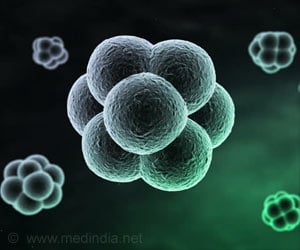The father's age may play an important role in the success of in-vitro fertilization (IVF) treatment, revealed a study.

‘A woman's age obviously plays a large role but not all the focus should be on her biological clock. Now we know that, for women in a certain age bracket, paternal age is more significant than previously thought when it comes to live birth rates.
’





Researchers analyzed nearly 19,000 IVF cycles and found that for women under 35 or over 40, the age of their male partner made little difference to their chances of conceiving.
How Does Advancing Paternal Age Impact IVF Outcomes?
But there was a "significant drop" in the live birth rate for women between the ages of 35 and 40 if their partner was 40 and above."Clearly it is very important that we do not ignore the paternal age when it comes to educating couples about fertility outcomes," Professor Geeta Nargund, medical director at IVF clinic group Create Fertility, and a co author was quoted as saying to The Observer.
The findings revealed that for women aged between 35 and 40, the live birth rate dropped from 32.8 percent when the paternal age was under 35 to 27.9 percent when the paternal age was between 40 and 44.
When male partners were over 55 years old, the live birth rate was 25 percent.
Nargund said the study indicates that eggs from younger females have the capacity to "repair the much higher incidence of DNA damage found in the sperm of older males".
Advertisement
Source-IANS














